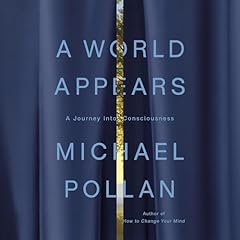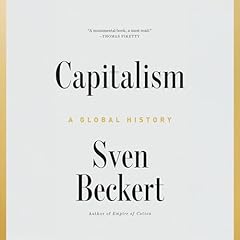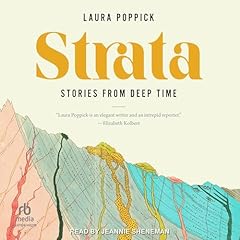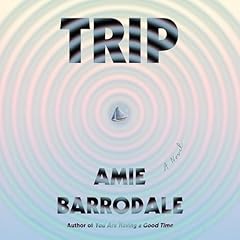
The Call of the Honeyguide
What Science Tells Us about How to Live Well with the Rest of Life
No se pudo agregar al carrito
Solo puedes tener X títulos en el carrito para realizar el pago.
Add to Cart failed.
Por favor prueba de nuevo más tarde
Error al Agregar a Lista de Deseos.
Por favor prueba de nuevo más tarde
Error al eliminar de la lista de deseos.
Por favor prueba de nuevo más tarde
Error al añadir a tu biblioteca
Por favor intenta de nuevo
Error al seguir el podcast
Intenta nuevamente
Error al dejar de seguir el podcast
Intenta nuevamente
 Exclusivo para miembros Prime: ¿Nuevo en Audible? Obtén 2 audiolibros gratis con tu prueba.
Exclusivo para miembros Prime: ¿Nuevo en Audible? Obtén 2 audiolibros gratis con tu prueba.
Elige 1 audiolibro al mes de nuestra inigualable colección.
Acceso ilimitado a nuestro catálogo de más de 150,000 audiolibros y podcasts.
Accede a ofertas y descuentos exclusivos.
Premium Plus se renueva automáticamente por $14.95 al mes después de 30 días. Cancela en cualquier momento.
Compra ahora por $25.19
-
Narrado por:
-
Charles Constant
-
De:
-
Rob Dunn
In the woodlands of sub-Saharan Africa, sometime deep in our species’ past, something strange happened: a bird called out, not to warn others of human presence, but to call attention to herself. Having found a beehive, that bird—a honeyguide—sought human aid to break in. The behavior can seem almost miraculous: How would a bird come to think that people could help her? Isn’t life simply bloodier than that?
As Rob Dunn argues in The Call of the Honeyguide, it isn’t. Nature is red in tooth and claw, but in equal measure, life works together. Cells host even smaller life, wrapped in a web of mutual interdependence. Ants might go to war, but they also tend fungi, aphids, and even trees. And we humans work not just with honeyguides but with yeast, crops, and pets. Ecologists call these beneficial relationships mutualisms. And they might be the most important forces in the evolution of life.
We humans often act as though we are all alone, independent from the rest of life. As The Call of the Honeyguide shows, we are not. It is a call to action for a more beneficent, less lonely future.
Los oyentes también disfrutaron:




















Las personas que vieron esto también vieron:


















Todavía no hay opiniones


